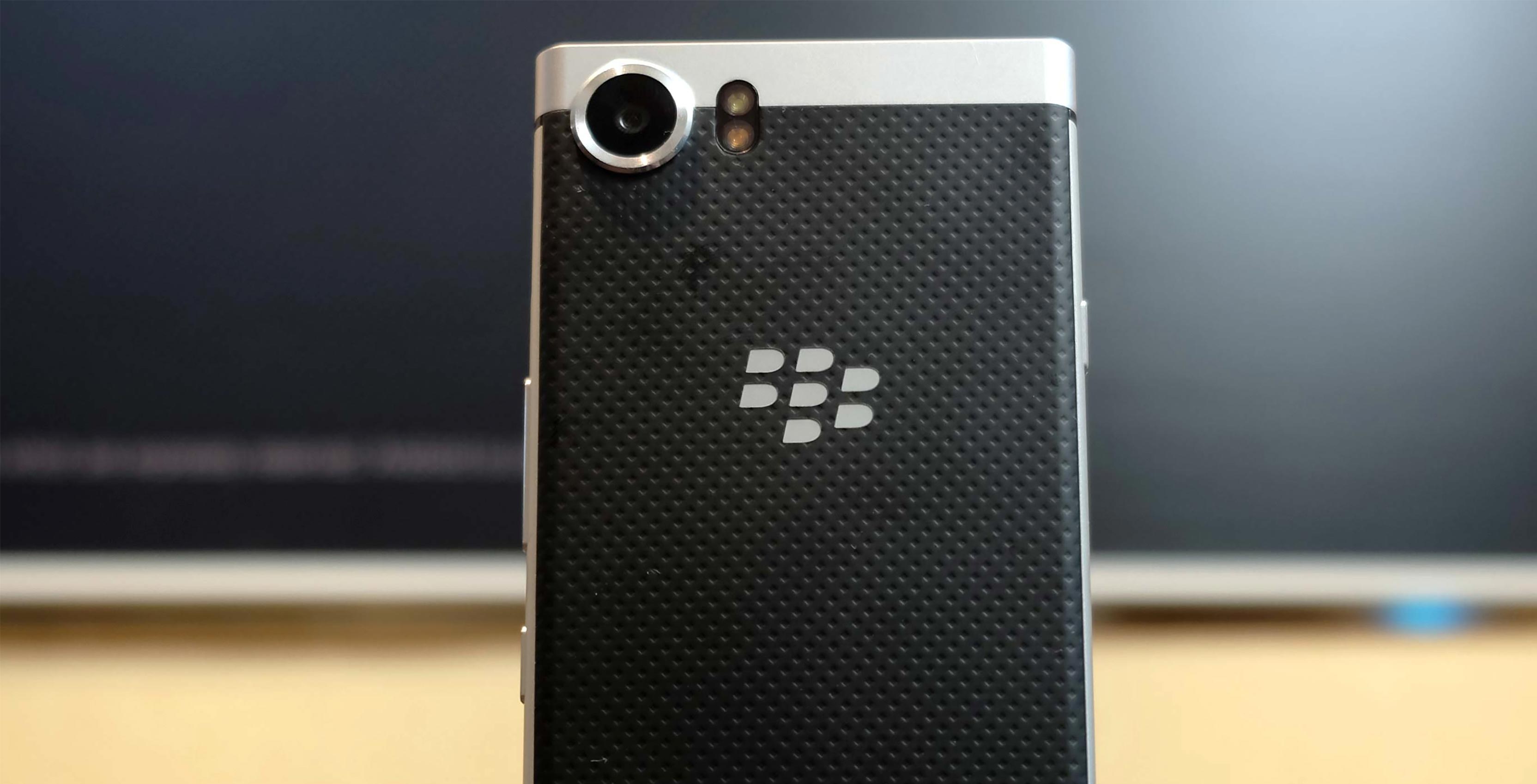
If there is a virtual tombstone to be erected as confirmation of BlackBerry 10’s end, then the company will have to pull the plug first because it has plans to keep it alive for the long term.
It would seem curious that a proprietary operating system could somehow continue to live on when its maker no longer manufactures product that can run it. Indeed, 2016 was the first calendar year without new BB10 hardware since the OS was first introduced in January 2013. This is the paradox that has created the perception BB10 is circling the drain to its ultimate demise, and yet, BlackBerry executives are quick to say otherwise.
As of Q3 2016, BlackBerry’s global market share was at 0.1 per cent, according to Statista. That figure isn’t exclusive to the consumer market — it includes business and enterprise users — but doesn’t include the company’s Android devices, which fall under the 87.5 percent that OS accounted for in the same quarter.
Amidst all that and recent stories about the new ‘Mercury’ device and BB10’s lack of future hardware, Alex Thurber, senior vice president for global device sales at BlackBerry, spoke with MobileSyrup about the future of BB10.
Chugging along
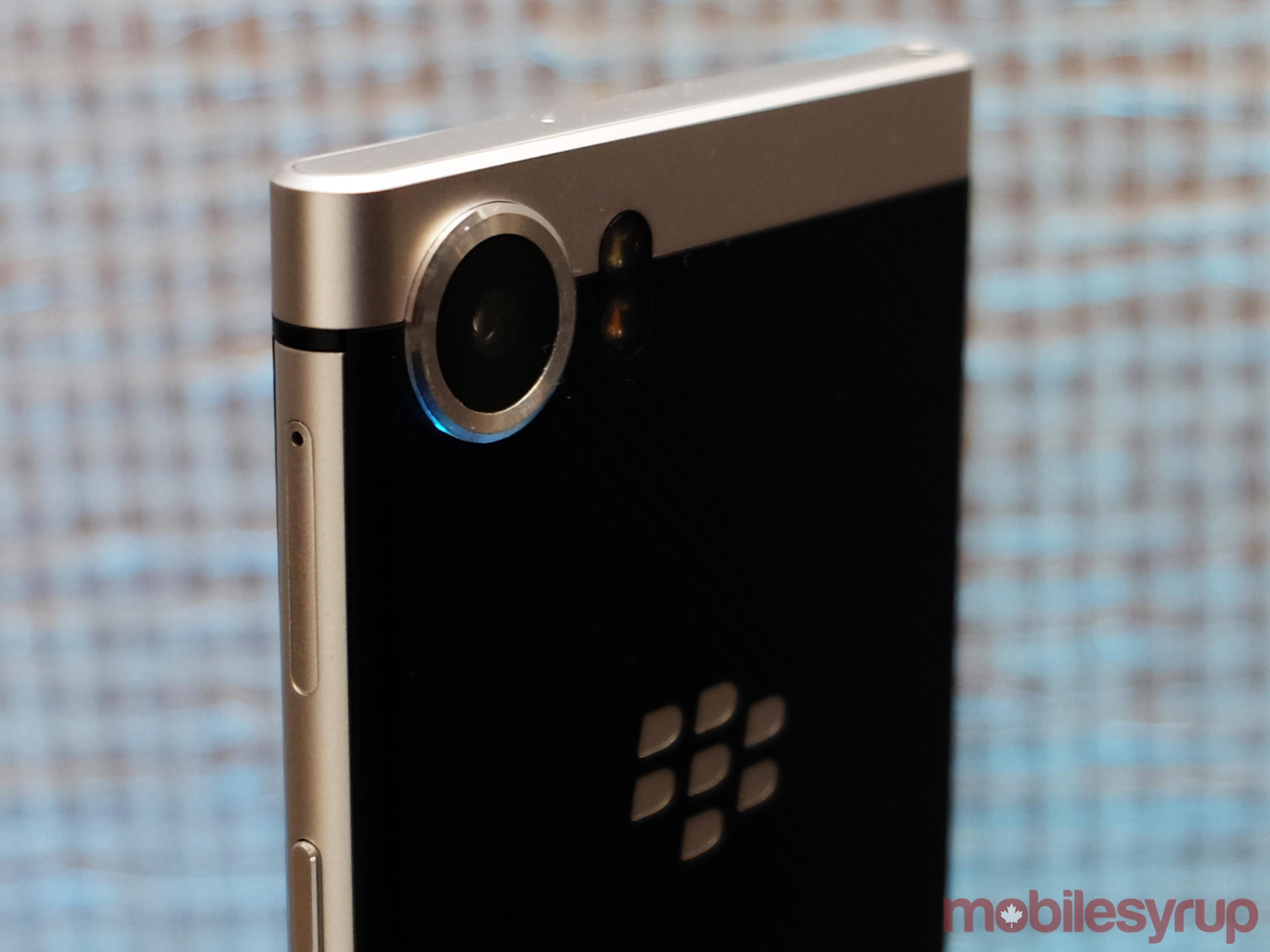
Perhaps it’s no surprise that Thurber affirmed BlackBerry is “continuing to invest in BB10.” Most recently, the company released version 10.3.3 in December after a long wait, and it appears version 10.3.4 may be in the works, though nothing has been confirmed.
“BB10 has a strong following around the world in enterprise and government, as well as consumers in particular markets,” says Thurber. “I want to make sure that our customers and users don’t get concerned that we’re not continuing to support and invest in BB10 because we absolutely are.”
Since BlackBerry doesn’t release any numbers for anything nowadays, it’s not clear how many “millions of users” the company’s OS truly has. What is known is the lack of app support that dogged it from the start has been one of the reasons for BB10’s tailspin.
“It’s out of our hands, but we are continuing to support the OS and Hub”
A recent case in point was WhatsApp’s initial decision to cease supporting the OS by the end of 2016, only to have a change of heart in November and announce that it would extend that to June 30th, 2017. Telus’ MyAccount app stopped its support in November, while Facebook bowed out earlier in the year.
Thurber reiterated BlackBerry’s disappointment in WhatsApp’s initial decision, noting executives were pleased with the extension. Still, the app support exodus is a key element to the BB10 story the company can’t control.
“It’s out of our hands, but we are continuing to support the OS and Hub, as we have so many users who really rely on it as a true messaging device,” he says. “Part of this, of course, reaches back four or five years to strategic decisions that were made, and that’s partly why we added Android to our portfolio, and why we were excited to bring out Priv, and the DTEK devices as true BlackBerry security with full access to the Google Play Store.”
It’s all business
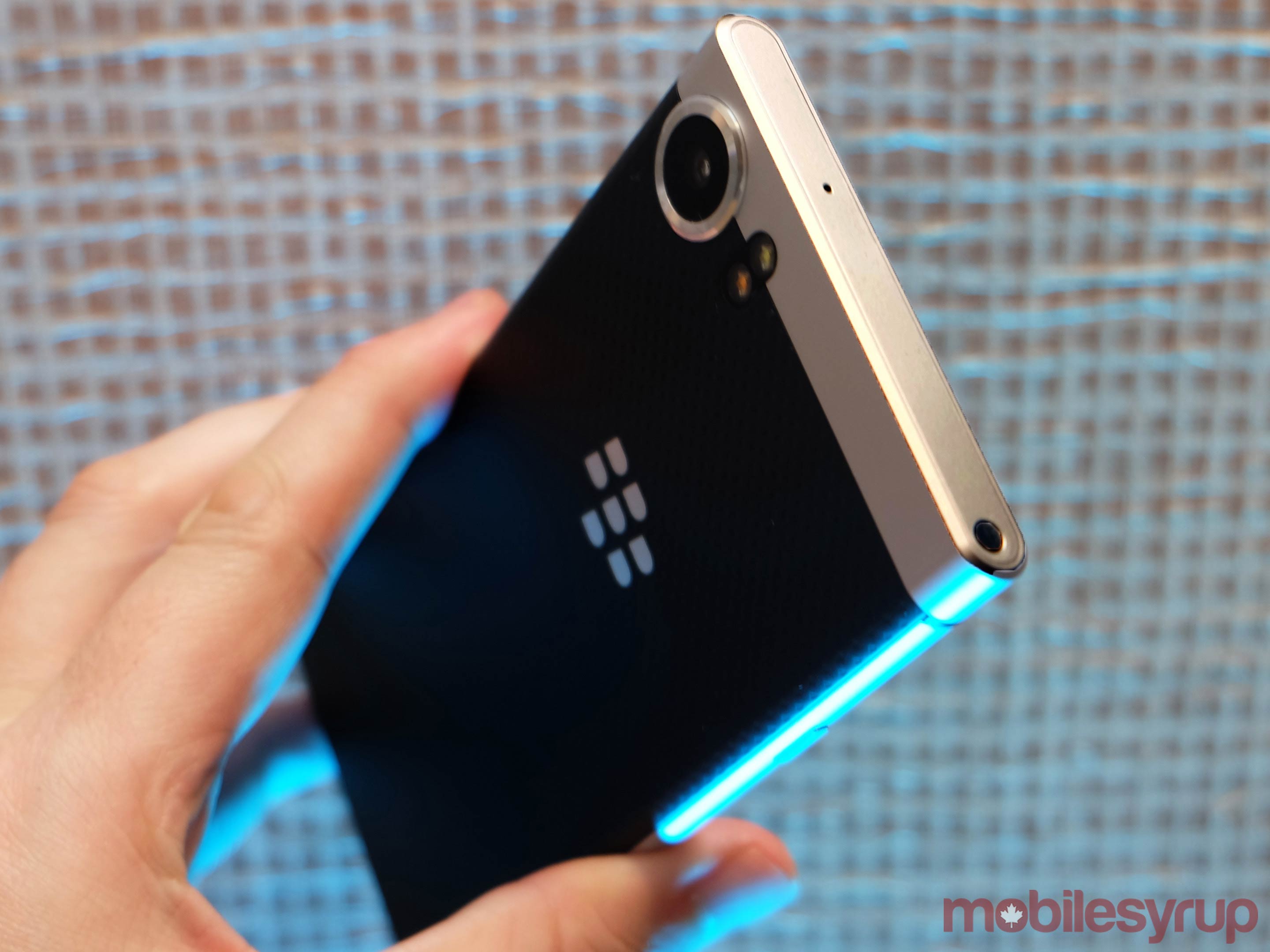
In going with Android-based devices, the obvious implication was that BB10 would either be repositioned as a business and enterprise platform, or be killed off in due time. Since the latter is being publicly rebuked, including in this report, does the former bear fruit?
The recent partnership with TCL is a licensing agreement where it will manufacture BlackBerry-branded devices, with a key tenet of the deal being that it only covers Android-based products. In short, BB10 has nothing do with it.
If not TCL, then who would make phones running BB10? Thurber wouldn’t comment on road maps or hypotheticals, so it’s not clear what recourse BlackBerry would have. The company is no longer manufacturing Classics, Leaps or Passports, as only remaining inventory is currently being sold through its own store, the carriers and other retail channels in different countries.
BlackBerry’s first licensing deal in Indonesia with PT Tiphone in a joint venture called “BB Merah Putih” may provide a clue. The agreement confirmed BB Merah Putih would source, market and distribute BlackBerry devices in that country, though it wasn’t immediately obvious if that meant it would also handle manufacturing or outsource it to a third-party. “Deep negotiations” for a similar agreement are reportedly proceeding in India.
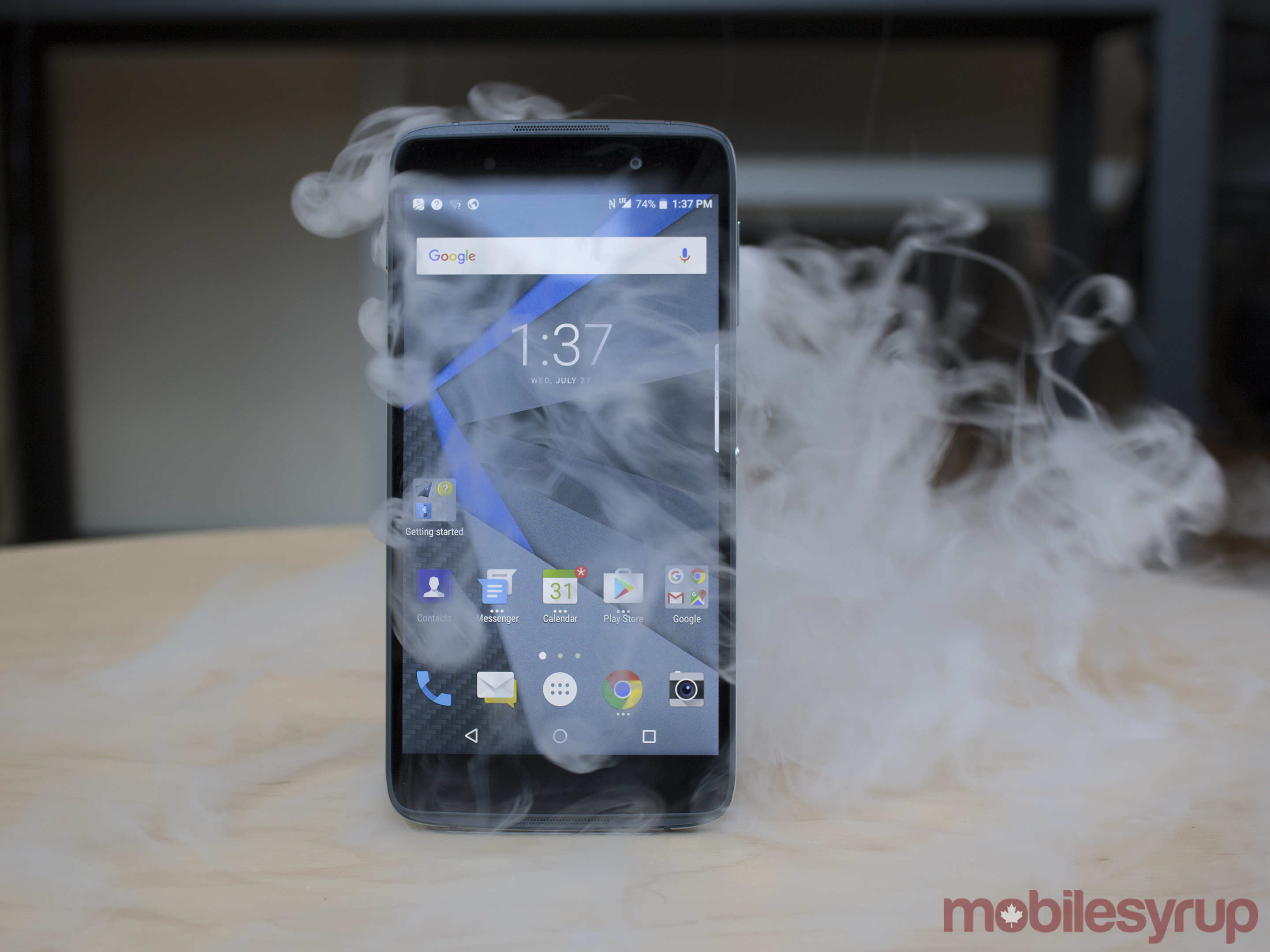
Either way, if a local vendor in a certain country was willing to take the reins and produce handsets for its own market, those would appear to be the kind of licensing deals BlackBerry CEO John Chen referred to when he pulled the company out of building its own hardware.
Thurber cited countries like Indonesia, India and South Africa as markets where “BB10 continues to be a real consumer product where the brand is very strong.”
“In many other countries, the consumer has moved toward the demand for apps and app stores, and that’s part of the reason why a lot of the demand for BB10 has shifted towards traditional users of enterprises, businesses and governments,” he says. “They continue to be a strong customer subset for us today, and do lobby us about about new hardware.”
“We are the only manufacturer besides Google that has committed to providing monthly updates”
Those are developing countries where users are likely to eventually move toward Android and iOS, as has already happened in developed nations. What if BB10 were to be merged with Android somehow? Or could a dual-boot scenario work, similar to how Apple had supported Windows with its Boot Camp software for Intel-based Macs?
“It is an order of magnitude more complex than Boot Camp on a Mac. I wouldn’t say we haven’t looked at that as a potentiality, but it’s a very complex project, so I’m not in any way saying we are pursuing it,” he says. “We get lots of feedback on continuing BB10 on other devices. If we come up with one that makes sense, that meets the demands of our customers, and makes sense from a technology perspective, I’m sure we will pursue it.”
An Android era
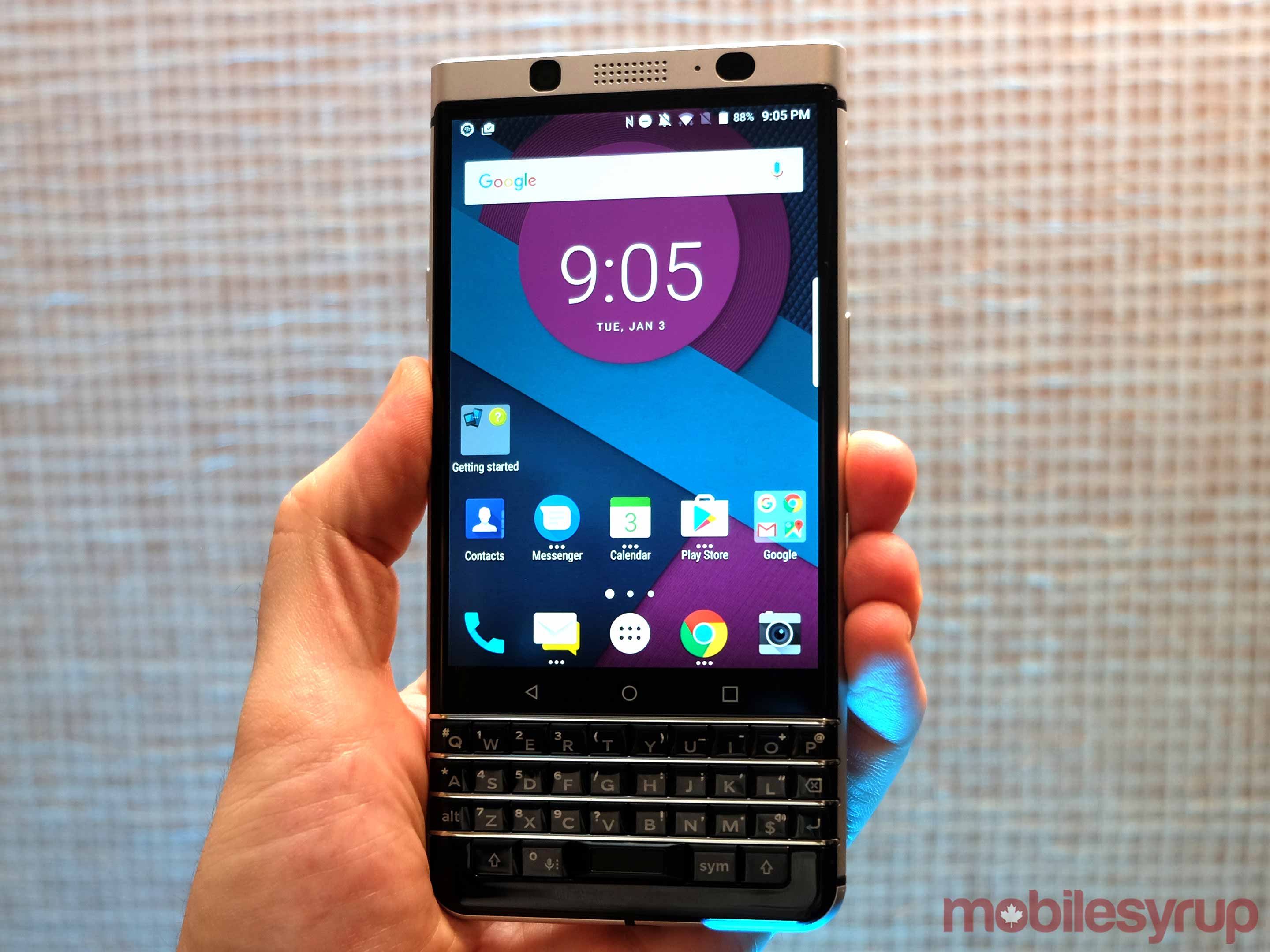
BB10’s fading fortunes in North America opened the door to adopting Android and pushing that as the primary software platform, layered on top with BlackBerry’s own unique security icing.
The two most recent devices, the DTEK50 and DTEK60, were TCL-made and have respectively “met their sales targets,” though neither has been publicly revealed. The DTEK50 was essentially a physical clone of the Alcatel Idol 4, and aimed primarily at business and enterprise users in Canada and Western Europe. In the U.S., no carrier offered it.
The DTEK60 was more consumer-oriented, like the Priv was. The central selling point in both cases was more robust and consistent security to better protect users from Android’s vulnerabilities.
“We are the only manufacturer besides Google that has committed to providing monthly updates across our product line in line with Google SMR updates that come out every month, released first on Pixel and then on BlackBerry,” he says.

The company has been able to maintain that cadence so far, regularly rolling out security updates, as it promised it would. Thurber pointed to “significant changes” made to both the Linux kernel and Android itself before the company releases it to the public on its Android-based devices. The work is done by engineers based in Ottawa, Mississauga and Waterloo, Ontario, and is applied within the manufacturing process “where we touch each phone and inject a crypto-security key before it’s released from the factory.”
Thurber affirmed there are no immediate plans to release the DTEK app to non-BlackBerry branded devices, which appears to include TCL’s Alcatel line.
A marketing strategy?
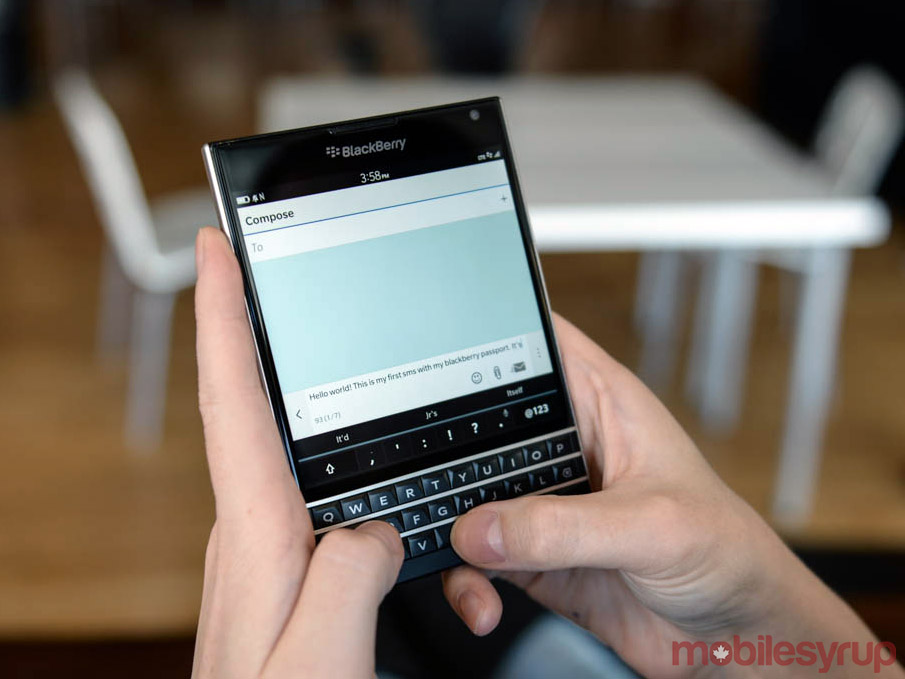
If there has been one strain of incessant criticism towards BlackBerry, it is its marketing strategy, or lack thereof. Thurber only joined the company in April 2016, so was not on board in preceding years. He wouldn’t comment on what the company had or hadn’t done in the past, though did address what should happen moving forward.
For one, licensing agreements should “enhance” marketing programs, particularly based on location. “What’s more important is that because they are local, they will build a plan and investment strategy that is focused on that market, ensuring they have local marketing that will work and be exactly what they need,” he explains.
He terms it, “global consistency with local flavour,” which is marketing-speak for programs or campaigns that will be specifically focused or tailored to local markets. Global campaigns of the past aren’t likely to appear again anytime soon.
But here in Canada, the U.S. and more advanced markets, the sales angle is centred on security. “The great difficulty in selling security is that when security works, nothing happens,” he says.
That’s not the only difficulty. The BYOD (bring your own device) trend with businesses isn’t a flash in the pan. In 2013, market research firm Gartner projected that half of employers would require their employees to supply their own devices for work purposes by 2017. More recently, however, it also issued a study that found corporate-issued mobile device adoption in the workplace wasn’t mature yet.
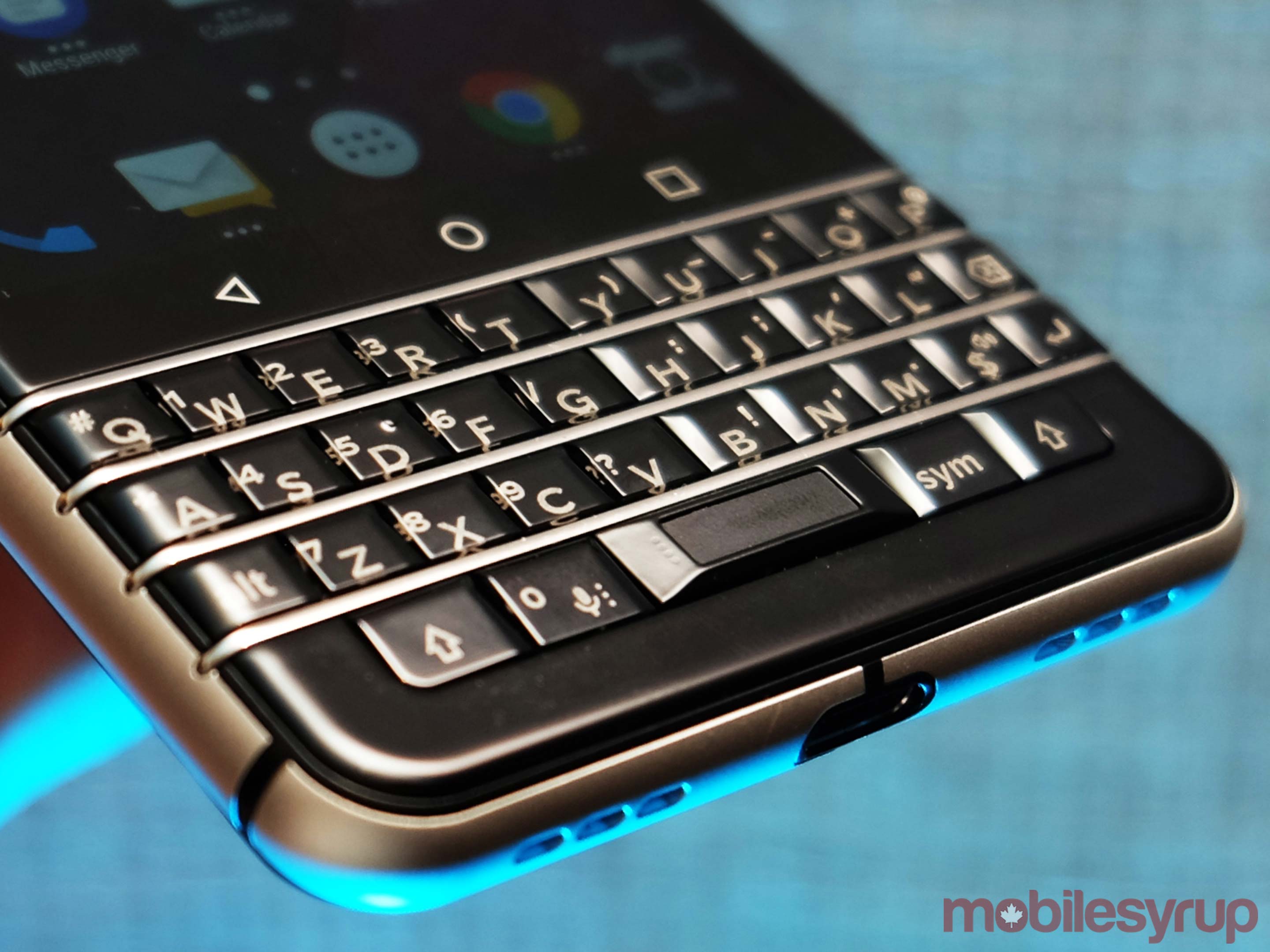
On the one hand, BYOD creates an inherent need for security. On the other, room for growth in the enterprise space means there are still plenty of devices to go around.
If Android is to make bigger inroads into that space, BlackBerry would need to grab a slice of that pie based on its stated narrative. But where would that leave BB10?
“We are always looking at what the right technologies are to bring out our OS,” he says. “We have millions of BB10 users who are concerned about high-speed, very secure communication, and we remain committed to supporting them.”
Take that for what you will, but at least for the time being, no one at BlackBerry is about to chuck dirt on the OS.
MobileSyrup may earn a commission from purchases made via our links, which helps fund the journalism we provide free on our website. These links do not influence our editorial content. Support us here.


